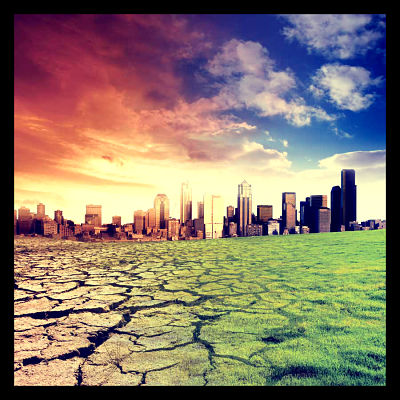What was Different about the Decade of Extremes?

The debate over global warming has been a heated one over the past decade, but it is clearer now more than ever that our climate is changing. The UN has released a report, The Global Climate 2001-2010, A Decade of Extremes, which reports the unprecedented climate extremes experienced in the past decade. The report states that more national temperature records were broken during this period than ever before. This decade was the warmest for both hemispheres and both land and ocean temperatures were at the highest since measurements began in 1850. This heating of the ocean has caused the melting of Artic sea ice and ice sheets.
“Rising concentrations of heat-trapping greenhouse gases are changing out climate, with far reaching implications for our environment and our oceans, which are absorbing both carbon dioxide and heat,” said Michel Jarraud, the Secretary-General of the World Meteorological Organization (WMO).
In the past decade our world has experience extreme floods, droughts, and tropical cyclones. 370,000 people have died as a result of these climate extremes. Tropical cyclones, such as Hurricane Katrina, were responsible for the death of 170,000 people and affecting over 250 million; the damage caused by these cyclones is estimated around $380 billion. Floods were the most frequently experienced climate extreme of the past decade; Eastern Europe, India, Africa, Australia, and Pakistan were severely impacted by flooding. Droughts were the most detrimental climate extreme because of their long-lasting nature. Regions most affected by long-term droughts were Australia, East Africa, and the Amazon Basin.
This report was released as the first session of the Intergovernmental Board on Climate Change Services began. The Intergovernmental Board on Climate Change Services oversees the Global Framework for Climate Services which is attempting to improve and expand science-based climate research to help society cope with climate change.
“We are already seeing the effects of climate change and so we need to take action through the use of scientifically-based climate services to cushion the impact on our environment, our economies and our societies,” said Mr. Jarraud.
– Catherine Ulrich
Sources: UN News, The Guardian
Sources: Political Blindspot
